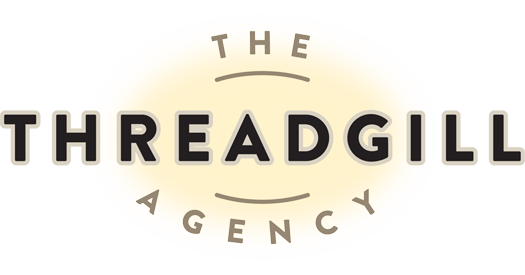
21 Dec Google’s Latest Core Updates & What They Mean for Your Company
Google’s at it again, releasing its fourth core update to Google Search in 2023 — and any business or brand with an online presence should pay attention. In the ever-evolving landscape of search engine optimization (SEO), keeping up with Google’s core updates is crucial as you measure your website’s visibility, conversions and impact.
In a nutshell, Google’s major algorithm updates change how the search engine ranks websites for Search Engine Results Pages (or SERPs). The goal is to improve the quality of search results, providing the most helpful and relevant content to users.
“Chances are, there’s nothing to do for most creators who have already been working to create helpful, reliable, people-first content,” Google advised in light of the latest changes.
However, those who were impacted by the most recent update shared strong feelings online about the dips and surges in their SERPs and engagement. Plus, it was unusual to release an update so shortly after the previous one only a month before and during the holiday shopping season, which they try to avoid. This year’s multi-week core updates were initiated in March, August, October and November.
Let’s examine Google’s latest core update and how you can ensure your website is search-ready and full of useful content.
Core Updates: What to Know
Behind the scenes, Google is constantly tinkering to maintain their top search engine spot by providing quality search results. Small algorithm updates happen often (thousands per year, they say), but only significant updates are announced widely by the company. For more, read Google’s blog How we update Search to improve your results.
With November’s update:
- Google Search is changing how it broadly assesses content.
- It basically continues October’s update, improving a different core system within Google Search.
- Google announced its intention to stop providing periodic notifications about improvements to its reviews system, instead doing them on a regular, ongoing basis.
- If your site takes a hit in rankings, don’t panic. The culprit may not be spam or other low-quality content on your site. As other sites emerge or improve, thus gaining search visibility, Google puts it this way:
“One way to think of how a core update operates is to imagine you made a list of the top 100 movies in 2021. A few years later in 2024, you refresh the list. It’s going to naturally change. Some new and wonderful movies that never existed before will now be candidates for inclusion. You might also reassess some films and realize they deserved a higher place on the list than they had before.
The list will change, and films previously higher on the list that move down aren’t bad. There are simply more deserving films that are coming before them.”
Google helps differentiate core updates from ranking systems: “Ranking systems are what we use to generate search results. We use multiple ranking systems that do different things. We have a guide to Google Search ranking systems that explains some of our more notable ones. Updates are when we make an improvement to a ranking system.”
Navigating Core Updates with Great Content
While Google says there’s nothing you need to do, it’s the perfect time to reevaluate your site, whether the recent update impacted your metrics or not. For starters, read our previous post on Google’s Helpful Content Update for a few best practices.
Next, Google provides guidelines for creating helpful, reliable, people-first content. Take inventory of these major areas of your website:
Content and quality
- Does the content provide original information, reporting, research or analysis?
- Does the main heading or page title provide a descriptive, helpful summary of the content?
- Is the content produced well, not sloppily or hastily?
Expertise
- Does the content present information in a way that makes you want to trust it, with sourcing or evidence of expertise?
- If someone researched the site, would it leave an impression that it is well-trusted or widely-recognized as an authority on its topic?
A great page experience
- Is it secure, mobile-friendly and easy to navigate?
- Does your site have good Core Web Vitals?
People-first content for users, not search engines
- Do you have an existing or intended audience?
- Does your site have a primary purpose or focus?
- Are you using too much automation and going too wide on different topics to try to attract searches?
- Are you writing to a certain word count because you think Google wants that? (They don’t.)
- Write for people first, then apply SEO best practices.
“In the ever-evolving landscape of SEO, remember this: Write for people first, not search engines. Genuine, people-first content stands the test of algorithms and time,” says Dan Perez of The Threadgill Agency.
Focus on what experts call the EEAT sections: Experience, Expertise, Authoritative and Trustworthy. Google encourages you to get to know quality rater guidelines and evaluating your site with these helpful content guidance questions.
Finally, your brand can build trust and weather any Google Search core update with original, problem-solving SEO content aimed at people and not search bots. Contact The Threadgill Agency so we can help you create an excellent people-first online presence.
